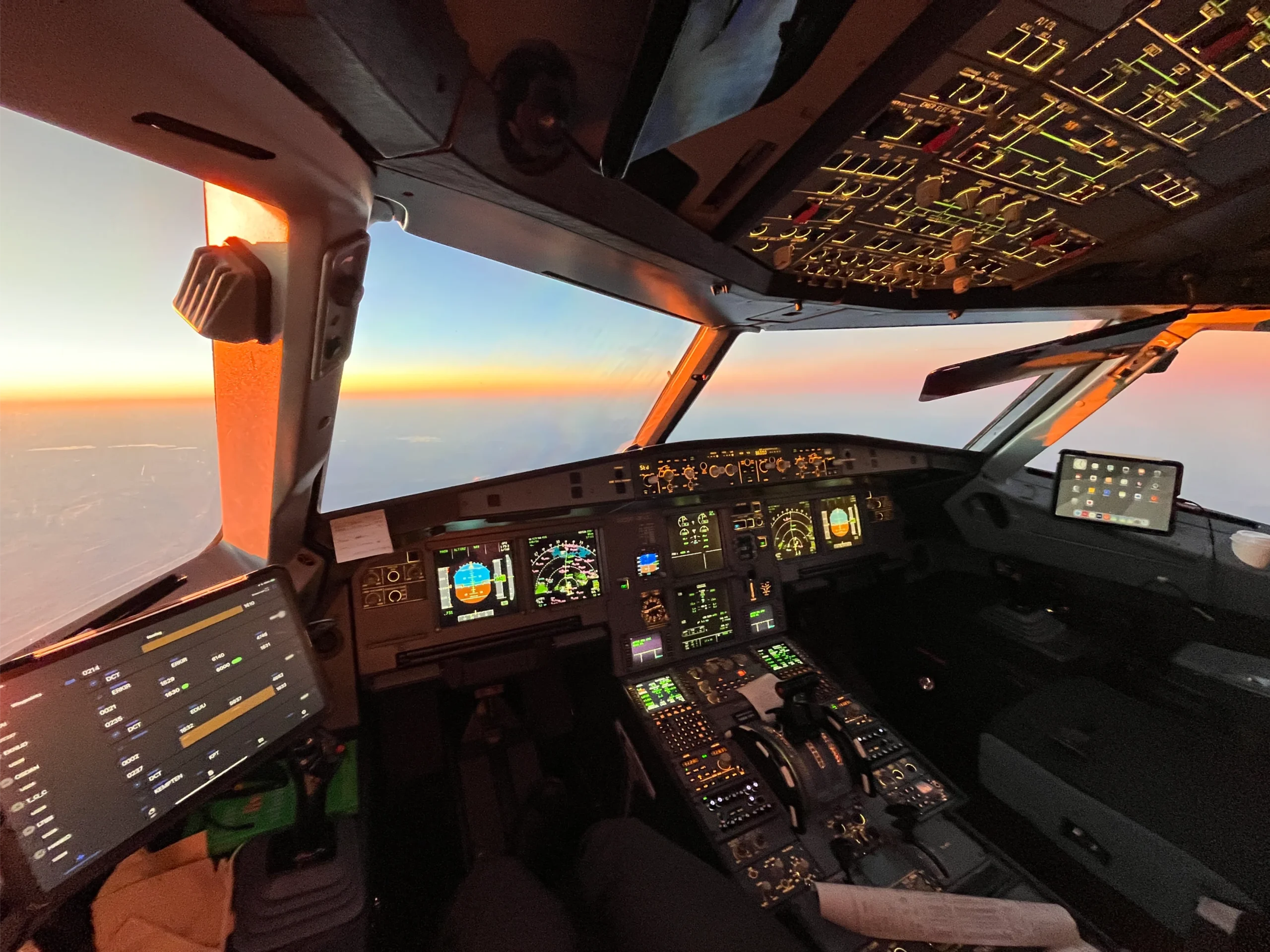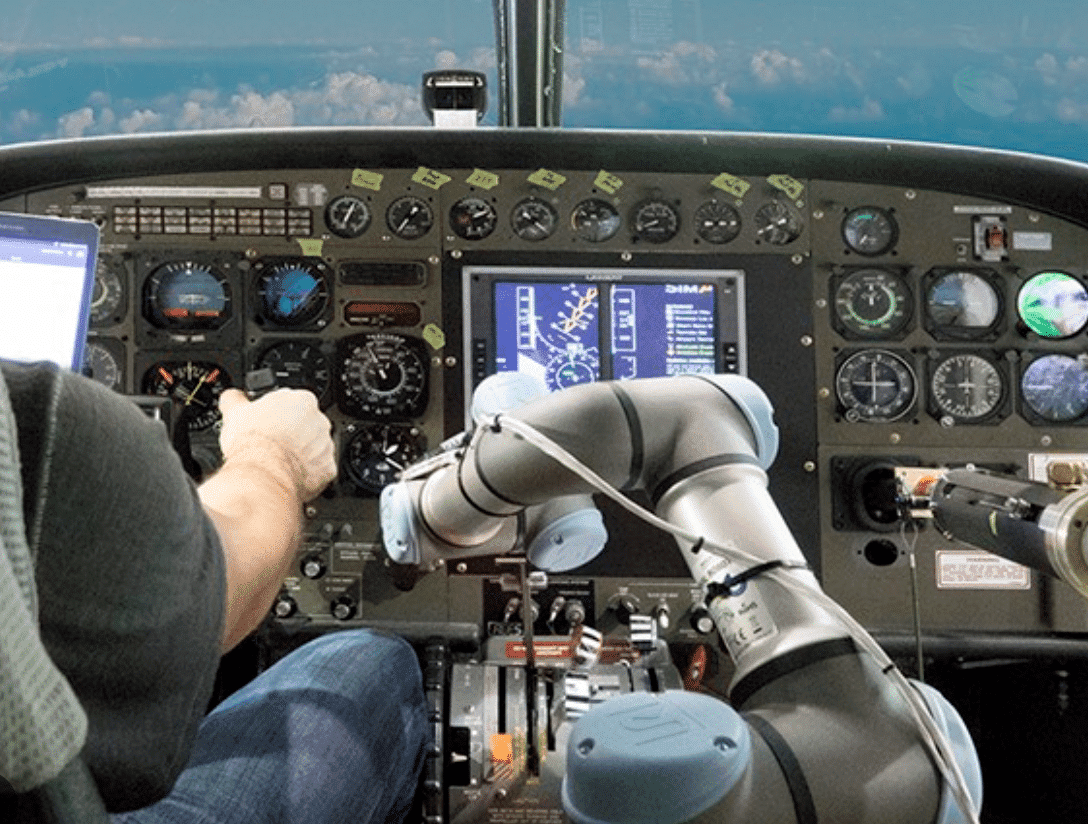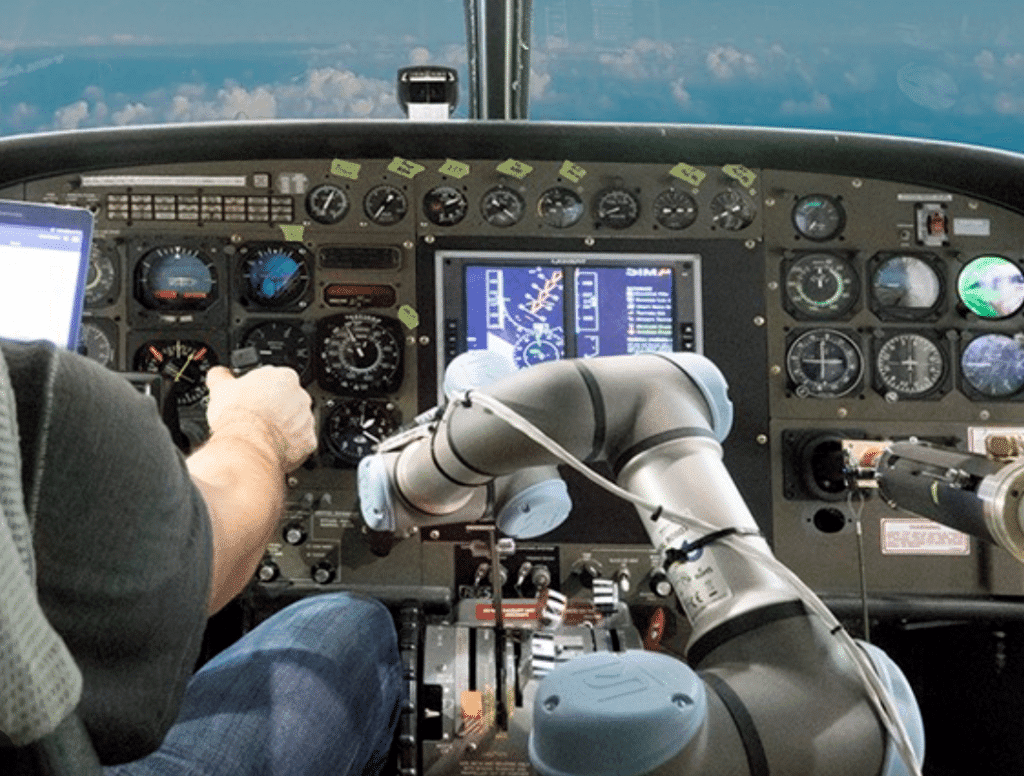
How to Become an Airline Pilot in 2026 (Updated Guide)
Learn how to become an airline pilot in 2026 with this updated guide. Training routes, costs, MPL vs ATPL, funding options, and airline advice.

The future of airline pilots promises to be an intriguing blend of technological advancements, evolving training methods, and shifting roles within the aviation industry. As we delve into a world driven by automation and artificial intelligence, the role of pilots is poised to undergo significant transformations.

One of the most notable trends shaping the future of airline pilots is the rise of autonomous or semi-autonomous aircraft. While fully autonomous flights might still be a distant reality, we can anticipate increased automation in various aspects of flying, such as navigation, flight control, and even decision-making processes. Pilots will become more like systems managers, overseeing the sophisticated onboard technology and intervening when necessary.
With advancements in virtual reality (VR) and augmented reality (AR), the training of pilots will become more immersive and efficient. Simulators will provide realistic and dynamic environments, allowing pilots to experience a wide range of scenarios and practice emergency procedures without risking real aircraft or lives. Additionally, VR and AR can enhance in-flight situational awareness, providing pilots with vital information right in their field of vision.
Collaboration between human pilots and advanced systems will become increasingly important. Pilots will work hand in hand with intelligent algorithms and AI assistants to analyze data, monitor aircraft systems, and make informed decisions. This symbiotic relationship will require pilots to possess not only technical skills but also a deep understanding of automation, data analysis, and human-machine interaction.
The demand for pilots is expected to remain strong, as air travel continues to grow worldwide. However, the demographics of pilots may undergo changes. The aviation industry will need to actively promote diversity and inclusion, encouraging individuals from various backgrounds, genders, and cultures to pursue careers in piloting. This will foster a richer and more representative pilot community. Check out this graph of projected future airline pilot growth.
In conclusion, the future of airline pilots will be shaped by automation, augmented training methods, and collaborative approaches. While technological advancements may alter the traditional pilot’s role, human expertise and judgment will remain essential. Pilots of the future will need to embrace new technologies, adapt their skill sets, and continue to prioritize safety and efficiency in an ever-evolving aviation landscape.
Want to read about what life’s like as a current airline pilot? Read our Diary of an A320 Captains blog here.

Learn how to become an airline pilot in 2026 with this updated guide. Training routes, costs, MPL vs ATPL, funding options, and airline advice.

When disaster strikes at 38,000 feet, split-second decisions save lives. Behind every pilot during an emergency lies hundreds of hours of rigorous training. How do airlines prepare flight crews to handle the unexpected? The answer reveals an intense world few passengers ever witness.